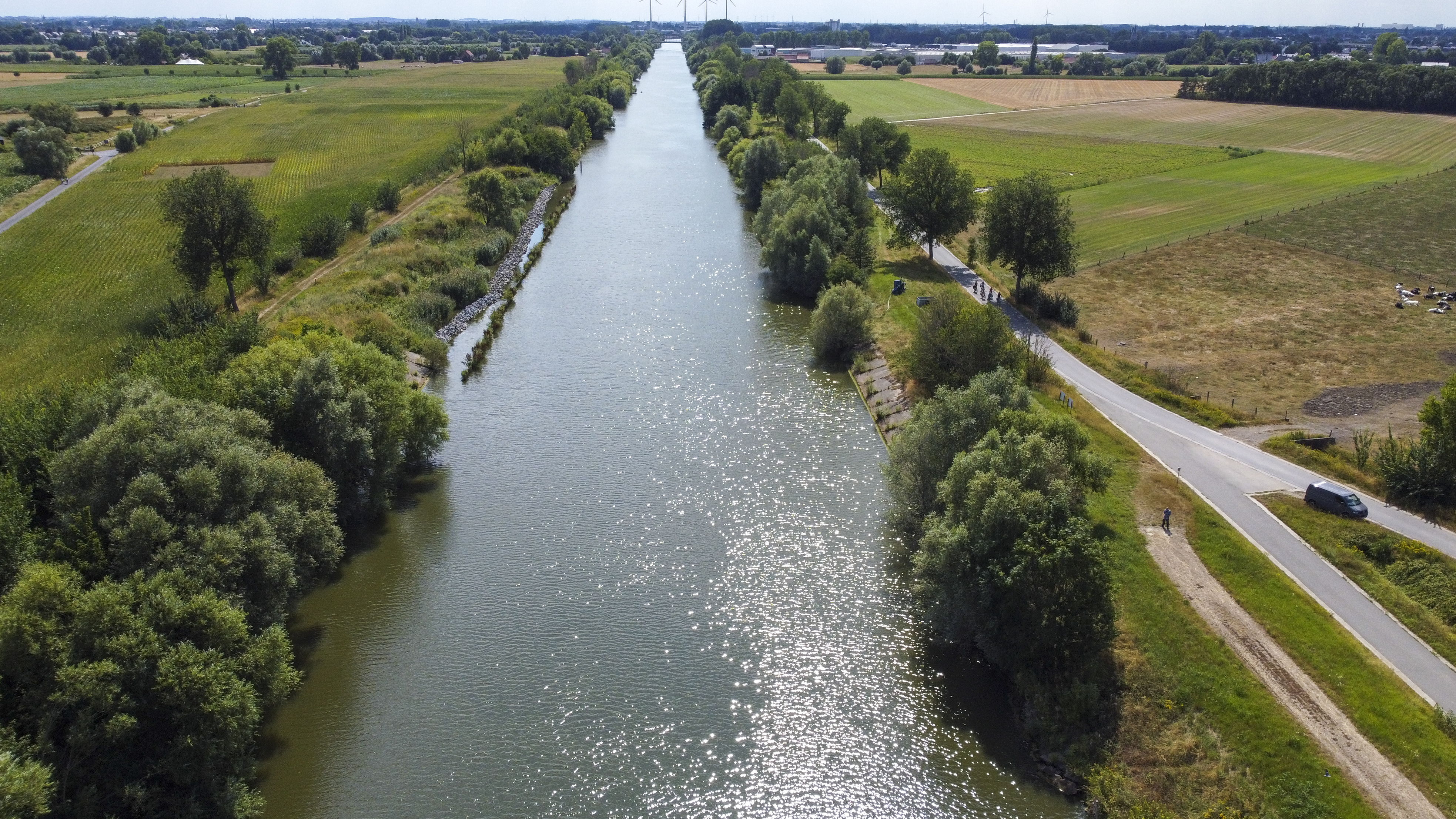Water quality improves in Flanders, possibly linked to decrease in livestock

The quality of ground and surface water in Flemish agricultural areas is improving, according to the latest report on water quality in agricultural areas published on Thursday by the Flemish Environment Agency (VMM).
Water quality in Flanders is measured with monthly samples taken at 760 monitoring points in the region. These also test for nitrate, a nitrogen compound that comes mainly from animal manure. Too high nitrate concentrations in water can be harmful to drinking water quality and the ecosystem.
The VMM's latest report shows that only 17.5 per cent of monitoring stations exceeded the European standard of 50mg of nitrate per litre, the lowest percentage since measurements began.
Fewer pigs
This could be linked to a decline in livestock numbers. In a press release, the Flemish Land Agency highlights the decline in the number of pigs in Flanders, which fell from 5.9 million in 2019-2021 to 5.05 million in 2023. As a result, manure production decreased by 2 per cent last year.
The weather could also have an impact on the results, according to the VMM. 2024 was a very wet year and manure washes off the fields more quickly due to rain. Despite the positive results, additional measures such as the choice of less nitrate-sensitive crops such as beet and cereals are still necessary.
Manure action plan
On Wednesday, the Flemish government agreed on a new manure action plan. The measures include buffer zones along watercourses and an increase in the proportion of non-nitrate-sensitive crops, to further improve the region's water quality.
Europe has long urged Flanders to take action against poor water quality and nitrate pollution. Last summer, the European Commission took Belgium to the Court of Justice of the EU for not taking sufficient action against nitrate pollution.
#FlandersNewsService | The Leie river in Zulte, Flanders. © BELGA PHOTO NICOLAS MAETERLINCK
Related news
